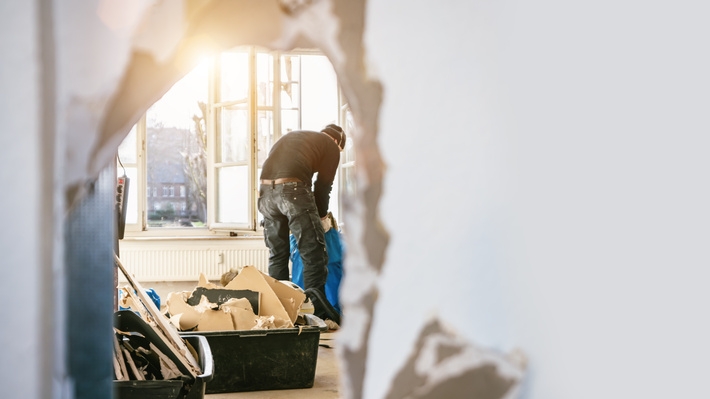Building a custom home is a big decision. You’d risk breaking the bank or being unhappy with the results if you make the wrong decisions. The first major decision to make is whether you’ll renovate or knock down and rebuild.
Below are some of the considerations you need to take to know which choice you would make.
Renovation Route
Renovation allows you to target parts of your home to customize. It’s often considered more cost-efficient and less intrusive—your house won’t be destroyed after all, and you can still live in it while the renovation is undergoing.
To know why you choose renovation over knockdown rebuild, continue reading.
Reducing The Overall Cost
If renovating costs less than demolishing your house and building a new one, then it’s the obvious choice. After all, most renovation works will always be more inexpensive. After all, you will have little reason to tear down existing walls, rework your foundation, and go through all the paperwork to rebuild your home.
Renovations also help you spend in chunks instead of pouring all your money in one go. Not to mention that you can do it little by little. For example, you can start with your kitchen. Then once you save enough money again, you can renovate the bathroom.
Renovating your home is much more economical and less financially stressful than getting your home rebuilt from scratch.
Getting Planning Approval Is Faster
When it comes to paperwork, getting your plans approved is easy if you’re just renovating. After all, altering an existing home or structure requires less than building or rebuilding. Of course, this isn’t always the case.
Then there are concerns like building codes. If you’re going to knock down and rebuild, you will need to ensure that your building follows all building codes applicable to ensure that your home is compliant. With a renovation, you’ll be mostly limited to the building codes related to the part of the home you’re going to renovate.

Maintaining The House’s Original Architectural Appeal
If the house isn’t as generic as others, architectural-wise, you may want to pursue renovation over rebuilding. After all, it would be too wasteful to destroy an already beautiful building and try to reproduce its aesthetics through rebuilding.
And if your local government listed your home as a prehistory building, you won’t be able to demolish it anyway.
Protecting The Environment
While the environment wouldn’t be the first thing one would think about when fixing their home, they can’t deny that renovating is much better than rebuilding as it only requires fewer materials to finish. Of course, it will also cost less energy as the renovation requires fewer tools and less time to finish.
Rebuild Route
If you have the money, the time, and a place where you can stay while your house is being rebuilt, rebuilding is often a good idea. It also gives you complete freedom to apply all the customization you want if you have money to burn.
Making The Home More Energy Efficient
New regulations and building codes can be annoying when rebuilding. However, these codes and regulations were not created ‘just because.’ They offer significant benefits to a homeowner if they’re followed to the T.
Also, old materials become too inefficient, especially for modern bedrooms and kitchens. Getting rid of them and replacing them with newer construction materials can improve a house’s energy efficiency, particularly in thermal performance.
Changing The Architectural Design
Renovating a home limits a homeowner on the things they can change on their house, especially regarding curb appeal and exterior. By knocking down the home and rebuilding it, the homeowner can have all the freedom to change the overall look of their home.
Also, they can readjust the house’s orientation and plot position. For example, they can position the house to the sunnier side of the property. Or they can even place the house further away from the road to benefit from a quieter position in their plot of land, away from noises.
Replacing Everything With Something New
There’s an inherent advantage to new materials. For one, they’ll have longer lifespans compared to the old materials in your home. New walls will tend to stand strong for a few more decades than old ones. And, of course, who doesn’t want a new house to be completely built?
Conclusion
Those are considerations you need to make if you’re planning to customize your house. Remember, money and convenience play a huge role in making this decision. Take your time, and weigh your options carefully.

